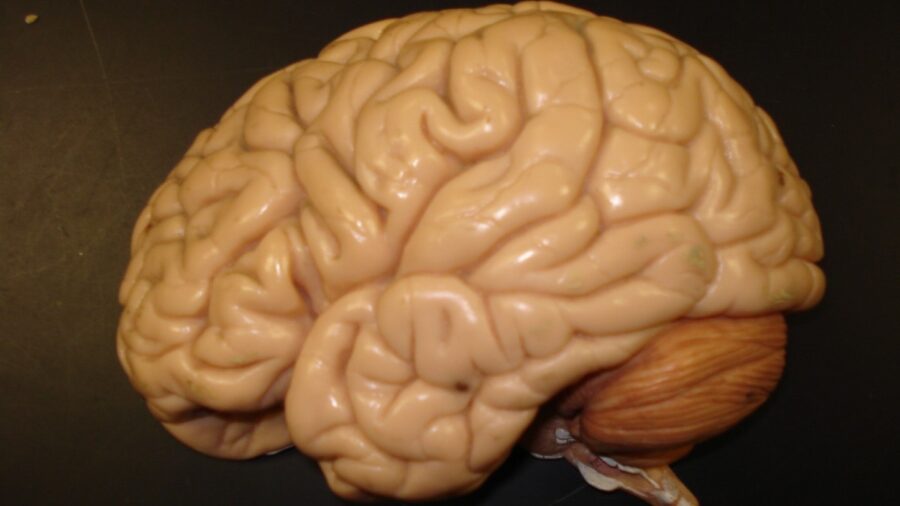Doctors Find Needle Stuck In Woman’s Brain For 80 Years

This just in (via ScienceAlert)—a shocking revelation emerging from Russia’s Far East, where doctors discovered an elderly woman has lived an astonishing 80 years with an inch-long needle lodged in her brain. To add a grim and traumatic level to things, it seems more than likely the needle is the result of a failed attempt by the patient’s parents to murder her when she was a baby.
Medical experts made this unexpected discovery during a routine CT scan.
Tragically, during the famines caused by Germany’s invasion of the former USSR, it was not uncommon for parents to kill newborns via needle in the brain, because it was more difficult for the crime to be detected postmortem.
Unfortunately, both the positioning and age of the object led medical professionals to a bleak but unavoidable hypothesis. The woman, they theorize, was in all likelihood the victim of an attempted infanticide committed by her own parents during the Second World War.
During the war, famine plagued much of the former Soviet Union, leading families to often take tragic, horrible measures. Experts believe the needle was embedded in the woman’s brain not long after birth, a common method to mask evidence of such a crime.
Deep in the country’s remote Sakhalin region, the area’s health department offered some historical context for something as hard to believe as a needle spending nearly a century in a person’s brain. Regional experts shared and lamented that infanticide—attempted or successful—was a tragic commonality during the famine. World War II caused untold hardship, including massive food shortages, in Sakhalin and throughout the former USSR.
About three centimeters in length, the foreign object had bypassed the woman’s left parietal lobe. Against all odds, its insertion did not bring about the intended fatal outcome, and the infant survived.
Similarly surprising: the woman is reported to have never suffered from headaches stemming from the injury. Furthermore, health experts consider her to have never been in real danger due the needle’s presence in her brain.
Starvation and food shortages represented enormous challenges in the Soviet Union during World War II, often called the Great Patriotic War in Russia.
Doctors in Russia discovered a needle lodged for 80 years in an elderly woman’s brain. They believe the needle is leftover from the patient’s parents’ failed attempt at infanticide during the famines of World War II.
The German army occupied essential centers of agricultural production, especially Ukraine (referred to as the “breadbasket of Europe”), decreasing food production in the USSR. Also, massive sieges by German forces, such as the Siege of Leningrad, caused extreme famine, resulting in nearly one million deaths.
The tragedy and horror afflicting the Soviet Union during the Second World War are hard to overstate; it is estimated one in three Soviet citizens lost their lives during the war.
What other factors contributed to a situation in which, ultimately, a woman would have a needle in her brain for eighty years?

First, countless men and a large number of women were drafted into the Red Army, leaving a reduced workforce for farming. Also, many agricultural centers were transformed into collective, state-owned farms before the war—eventuating inefficiencies in food production.
The war additionally entailed significant destruction of infrastructure, like railways, roads, and storage facilities, disrupting food distribution. The Soviet state also requisitioned food and other vital resources from its own population to bolster the war effort, sometimes meaning local people lacked sufficient sustenance.
The tragedy and horror afflicting the Soviet Union during the Second World War are hard to overstate; it is estimated one in three Soviet citizens lost their lives during the war. Despite these hardships, the Soviet people showed incredible resilience and determination, ultimately surmounting the German invasion and achieving victory.
The woman’s primary care physician currently closely monitors her condition. As startling as the finding may be, it also underlines the incredible resilience of the human body. It furthermore represents a testament to the woman’s tenacity to survive against the odds and a somber reminder of the tragic hardships facing families during one of history’s blackest periods.











